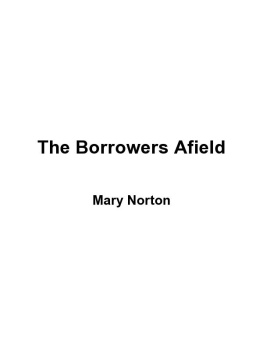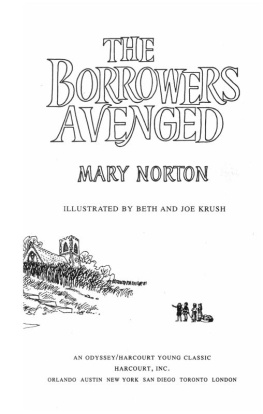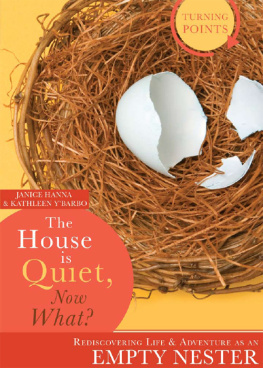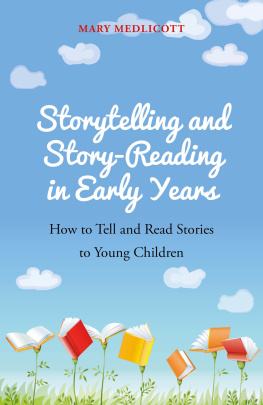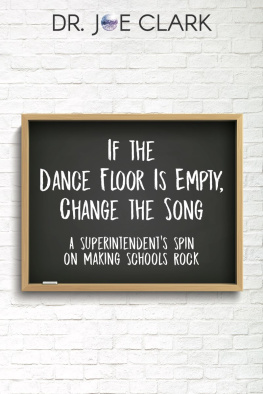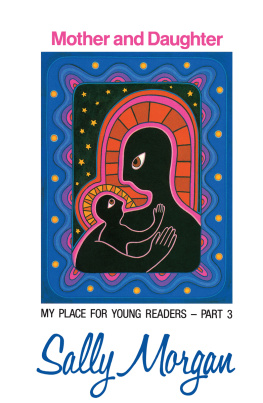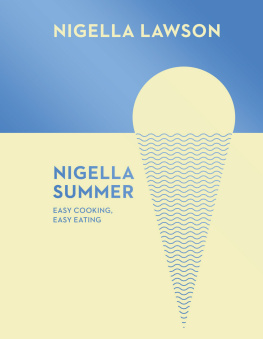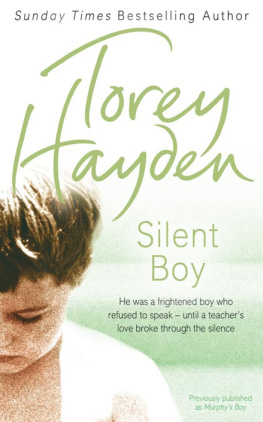Mary Norton - The Borrowers
Here you can read online Mary Norton - The Borrowers full text of the book (entire story) in english for free. Download pdf and epub, get meaning, cover and reviews about this ebook. year: 1953, publisher: Harcourt Childrens Books, genre: Art. Description of the work, (preface) as well as reviews are available. Best literature library LitArk.com created for fans of good reading and offers a wide selection of genres:
Romance novel
Science fiction
Adventure
Detective
Science
History
Home and family
Prose
Art
Politics
Computer
Non-fiction
Religion
Business
Children
Humor
Choose a favorite category and find really read worthwhile books. Enjoy immersion in the world of imagination, feel the emotions of the characters or learn something new for yourself, make an fascinating discovery.
- Book:The Borrowers
- Author:
- Publisher:Harcourt Childrens Books
- Genre:
- Year:1953
- Rating:4 / 5
- Favourites:Add to favourites
- Your mark:
- 80
- 1
- 2
- 3
- 4
- 5
The Borrowers: summary, description and annotation
We offer to read an annotation, description, summary or preface (depends on what the author of the book "The Borrowers" wrote himself). If you haven't found the necessary information about the book — write in the comments, we will try to find it.
The Borrowers — read online for free the complete book (whole text) full work
Below is the text of the book, divided by pages. System saving the place of the last page read, allows you to conveniently read the book "The Borrowers" online for free, without having to search again every time where you left off. Put a bookmark, and you can go to the page where you finished reading at any time.
Font size:
Interval:
Bookmark:
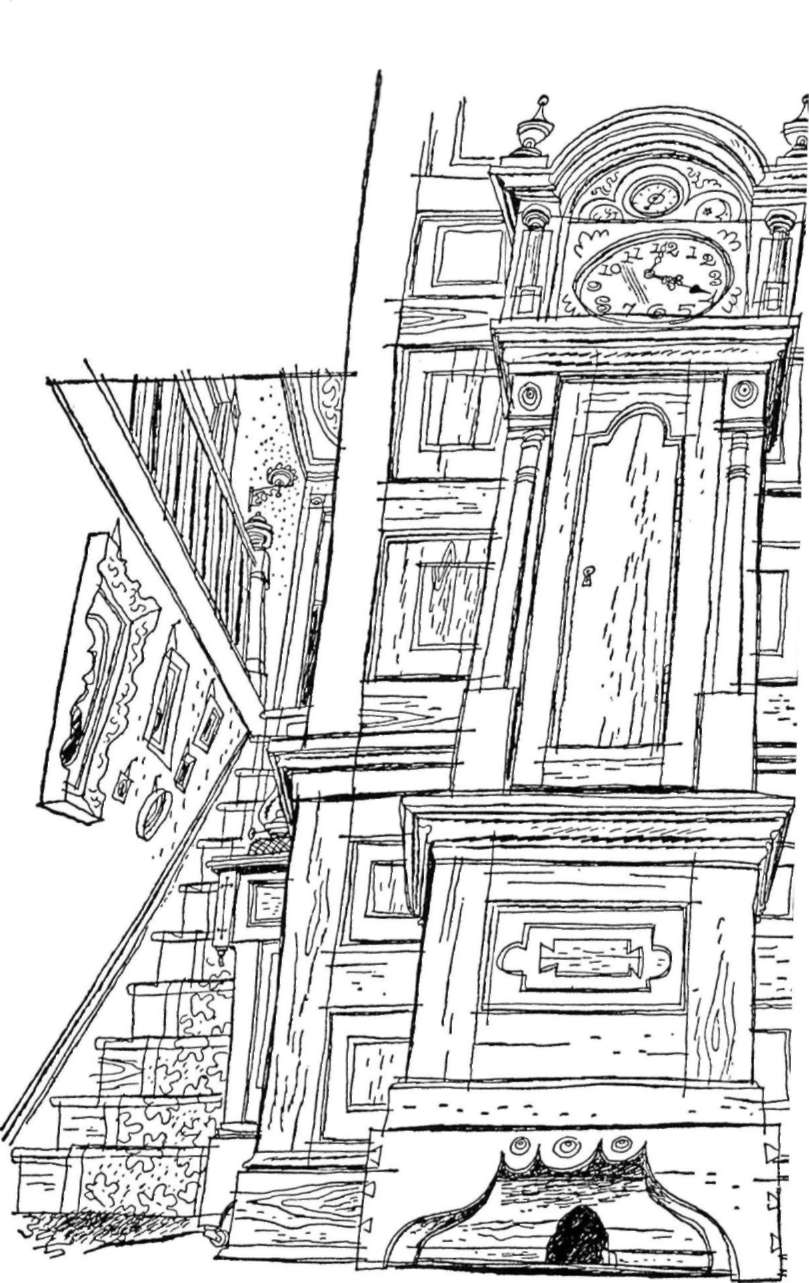
ILLUSTRATED BY BETH AND JOE KRUSH
AN ODYSSEY/HARCOURT YOUNG CLASSIC
HARCOURT, INC.
ORLANDO AUSTIN NEW YORK SAN DIEGO LONDON

Copyright 1953, 1952 by Mary Norton
Copyright renewed 1981 by Mary Norton, Beth Krush and Joe Krush
Copyright renewed 1981, 1980 by Mary Norton
All rights reserved. No part of this publication may be reproduced or
transmitted in any form or by any means, electronic or mechanical,
including photocopy, recording, or any information storage and retrieval
system, without permission in writing from the publisher.
Requests for permission to make copies of any part of the work should be
submitted online at www.harcourt.com/contact or mailed to the following address:
Permissions Department, Houghton Mifflin Harcourt Publishing Company,
6277 Sea Harbor Drive, Orlando, Florida 32887-6777.
www.HarcourtBooks.com
First Harcourt Young Classics edition 1998
First Odyssey Classics edition 1990
First published 1953
Library of Congress Cataloging-in-Publication Data
Norton, Mary.
The Borrowers.
"An Odyssey/Harcourt Young Classic"
Summary: Miniature people who live in an old country house by
borrowing things from the humans are forced to emigrate from their home
under the clock.
[1. Fantasy.] -I. Krush, Beth, illus. II, Krush, Foe, illus. III. Title.
PZ7.N8248Bd 1986 [Fic] 86-4645
ISBN 978-0-15-209987-9 ISBN 978-0-15-204737-5 (pb)
Printed in the United States of America
OO QQ RR PP
L N P Q O M (pb)
For Orlena
I T WAS Mrs. May who first told me about them. No, not me. How could it have been mea wild, untidy, self-willed little girl who stared with angry eyes and was said to crunch her teeth? Kate, she should have been called. Yes, that was itKate. Not that the name matters much either way: she barely comes into the story.
Mrs. May lived in two rooms in Kate's parents' house in London; she was, I think, some kind of relation. Her bedroom was on the first floor, and her sitting room was a room which, as part of the house, was called "the breakfast-room." Now breakfast-rooms are all right in the morning when the sun streams in on the toast and marmalade, but by afternoon they seem to vanish a little and to fill with a strange silvery light, their own twilight; there is a kind of sadness in them then, but child it was a sadness Kate liked. She would creep in to Mrs. May just before tea-time and Mrs. May would teach her to crochet.
Mrs. May was old, her joints were stiff, and she wasnot strict exactly, but she had that inner certainty which does instead. Kate was never "wild" with Mrs. May, nor untidy, nor self-willed; and Mrs. May taught her many things besides crochet: how to wind wool into an egg-shaped ball; how to run-and-fell and plan a darn; how to tidy a drawer and to lay, like a blessing, above the contents, a sheet of rustling tissue against the dust.
"Where's your work, child?" asked Mrs. May one day, when Kate sat hunched and silent upon the hassock. "You mustn't sit there dreaming. Have you lost your tongue?"
"No," said Kate, pulling at her shoe button, "I've lost the crochet hook." They were making a bed-quiltin woolen squares: there were thirty still to do. "I know where I put it," she went on hastily; "I put it on the bottom shelf of the bookcase just beside my bed."
"On the bottom shelf?" repeated Mrs. May, her own needle flicking steadily in the firelight. "Near the floor?"
"Yes," said Kate, "but I looked on the floor. Under the rug. Everywhere. The wool was still there though. Just where I'd left it."
"Oh dear," exclaimed Mrs. May lightly, "don't say they're in this house too!"
"That what are?" asked Kate.
"The Borrowers," said Mrs. May, and in the half light she seemed to smile.
Kate stared a little fearfully. "Are there such things?" she asked after a moment.
"As what?"
"As people, other people, living in a house who ... borrow things?"
Mrs. May laid down her work. "What do you think?" she asked.
"I don't know," Kate said, pulling hard at her shoe button. "There can't be. And yet"she raised her head"and yet sometimes I think there must be."
"Why do you think there must be?" asked Mrs. May.
"Because of all the things that disappear. Safety pins, for instance. Factories go on making safety pins, and every day people go on buying safety pins and yet, somehow, there never is a safety pin just when you want one. Where are they all? Now, at this minute? Where do they go to? Take needles," she went on, "All the needles my mother ever boughtthere must be hundredscan't just be lying about this house."
"Not lying about the house, no," agreed Mrs. May.
"And all the other things we keep on buying. Again and again and again. Like pencils and match boxes and sealing-wax and hairpins and drawing pins and thimbles"
"And hat pins," put in Mrs. May, "and blotting paper."
"Yes, blotting paper," agreed Kate, "but not hat pins."
"That's where you're wrong," said Mrs. May, and she picked up her work again. "There was a reason for hat pins."
Kate stared. "A reason?" she repeated. "I meanwhat kind of a reason?"
"Well, there were two reasons really. A hat pin is a very useful weapon and"Mrs. May laughed suddenly"but it all sounds such nonsense and"she hesitated"it was so very long ago!"
"But tell me," said Kate, "tell me how you know about the hat pin. Did you ever see one?"
Mrs. May threw her a startled glance. "Well, yes" she began.
"Not a hat pin," exclaimed Kate impatiently, "awhat-ever-you-called-thema Borrower?"
Mrs. May drew a sharp breath. "No," she said quickly, "I never saw one."
"But someone else saw one," cried Kate, "and you know about it. lean see you do!"
"Hush," said Mrs. May, "no need to shout!" She gazed downwards at the upturned face and then she smiled and her eyes slid away into distance. "I had a brother" she began uncertainly.
Kate knelt upon the hassock. "And he saw them!"
"I don't know," said Mrs. May, shaking her head, "I just don't know!" She smoothed out her work upon her knee. "He was such a tease. He told us so many thingsmy sister and meimpossible things. He was killed," she added gently, "many years ago now, on the North-West Frontier. He became colonel of his regiment. He died what they call 'a hero's death'..."
"Was he your only brother?"
"Yes, and he was our little brother. I think that was why"she thought for a moment, still smiling to herself"yes, why he told us such impossible stories, such strange imaginings. He was jealous, I think, because we were older and because we could read better. He wanted to impress us; he wanted, perhaps, to shock us. And yet"she looked into the fire"there was something about himperhaps because we were brought up in India among mystery and magic and legendsomething that made us think that he saw things that other people could not see; sometimes we'd know he was teasing, but at other timeswell, we were not so sure...." She leaned forward and, in her tidy way, brushed a fan of loose ashes under the grate, then, brush in hand, she stared again at the fire. "He wasn't a very strong little boy: the first time he came home from India he got rheumatic fever. He missed a whole term at school and was sent away to the country to get over it. To the house of a great-aunt. Later I went there myself. It was a strange old house...." She hung up the brush on its brass hook and, dusting her hands on her handkerchief, she picked up her work. "Better light the lamp," she said.
Next pageFont size:
Interval:
Bookmark:
Similar books «The Borrowers»
Look at similar books to The Borrowers. We have selected literature similar in name and meaning in the hope of providing readers with more options to find new, interesting, not yet read works.
Discussion, reviews of the book The Borrowers and just readers' own opinions. Leave your comments, write what you think about the work, its meaning or the main characters. Specify what exactly you liked and what you didn't like, and why you think so.


